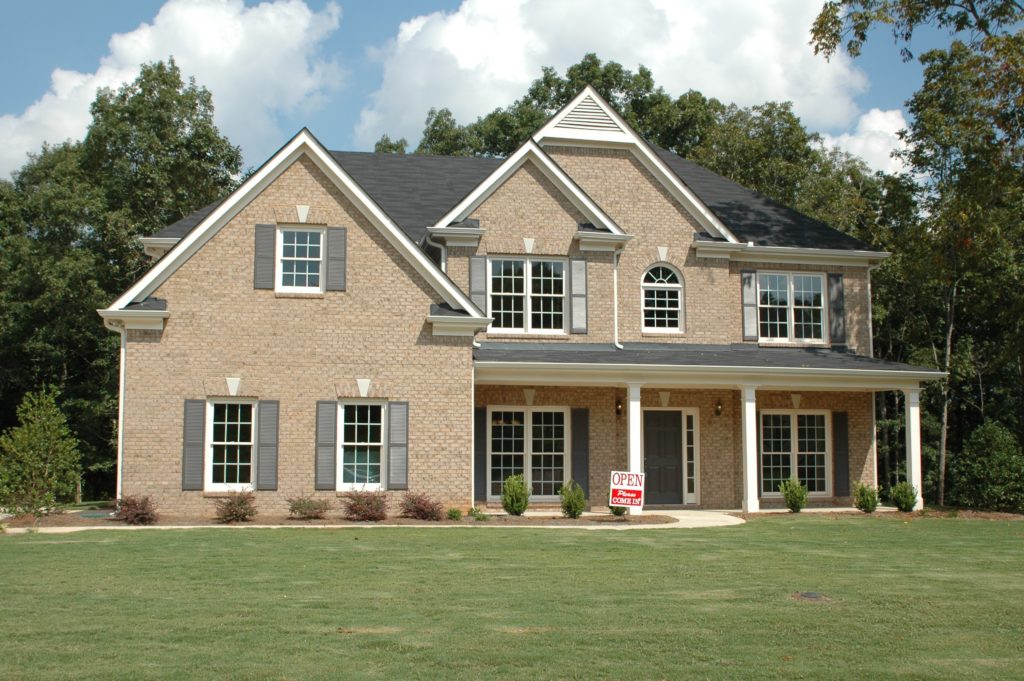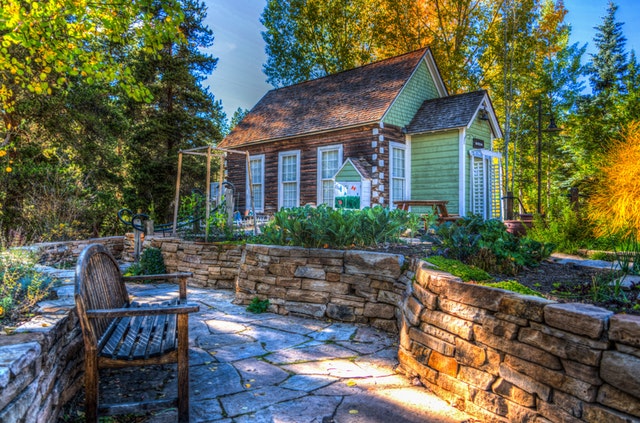Long-Term Tips to Pay Less for Your Home
 Purchasing a home can be a little daunting. In addition to being tied down to something for a prolonged period of time, the sheer financial impact of buying a home can be a little frightening.
Purchasing a home can be a little daunting. In addition to being tied down to something for a prolonged period of time, the sheer financial impact of buying a home can be a little frightening.
However, the costs of purchasing a home tend to get mitigated if you go about it in a smart way.
There are a wide variety of things that you can do to reduce the amount that your home will cost you, over time.
These aren’t deep, dark secrets about the housing industry, but good, old-fashioned tidbits of economic common sense. Here are some tips to pay less for your home, in the long-term…
Aim for a Larger Down Payment
First of all, the biggest piece of advice that anyone can get about buying a home is to save for a sizeable down payment.
The ideal down payment is 20%, but that should be looked at more as a floor, than a ceiling.
Having that initial 20% immediately gives your equity in the home, and also enables you to get a lower interest rate.
If you can, though, aiming for a 25%-30% down payment can save you thousands of dollars, due to getting an even lower interest rate, as well as allowing you to pay on that interest over less time.
Plan for Closing Costs
 A small portion (roughly 2-5%) of your loan is probably going to go towards closing costs when you purchase a home.
A small portion (roughly 2-5%) of your loan is probably going to go towards closing costs when you purchase a home.
These are costs that you’ll just need to eat, if you want to purchase a home, as they go towards application fees, attorney fees, and escrow fees, among many, many other things.
However, some lenders will have significantly higher closing costs than others, and will charge for things like courier fees.
These costs add up, and can eat into your down payment.
Because of this, educate yourself on the possible lenders you are considering, and don’t be afraid to ask questions about what their closing costs include.
Remodel the Right Areas
When you purchase a home, the idea is that you help increase the value of your equity not by just paying on your mortgage, but also by improving the home so that the value of that equity grows.
To do this, you have to make the home more desired on the housing market.
This can either be done by waiting for a sellers market, or by remodeling.
You don’t have any control over the market, so remodeling is definitely your best course of action. but not all remodeling is made equal.
In general, if you want to get the biggest bang for your buck, there are three areas of home improvements that help the home accomplish the biggest value growth: kitchens, bathrooms, and outdoor landscaping (which increases curb value).
Avoid Mortgage Insurance
If you followed the first tip and put down a decent down payment, then you’re able to save even more money by avoiding mortgage insurance.
Essentially, mortgage insurance is a safety policy that loan lenders have for people who want to purchase a home, but don’t have a 20% or higher down payment.
Mortgage insurance can cost hundreds of dollars per month, and doesn’t go into the equity of the home or pay off interest, meaning it is essentially wasted money.
All of this is avoided by saving up for the necessary down payment.
Don’t Spend Every Qualified Dollar
When you get qualified to purchase a home, it’s enticing to head out and use your qualification amount as a price to be aimed for.
However, don’t spend every dollar that your lender qualifies you for.
Using a maximum loan to get a home will make your house start to feel like a prison, but also cuts into the funds that you could use to improve that home, meaning that you spent more and also don’t have the resources to make that home increase in value.
Category: Real Estate




